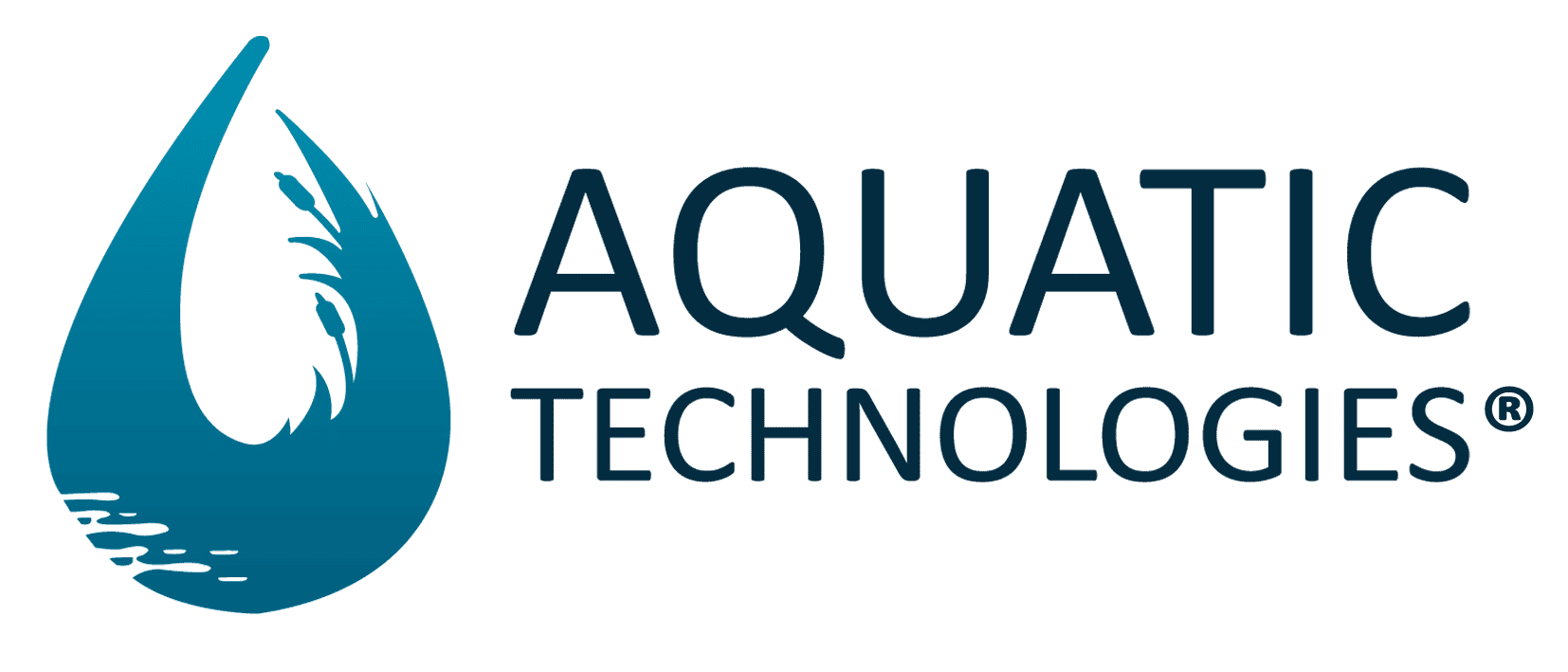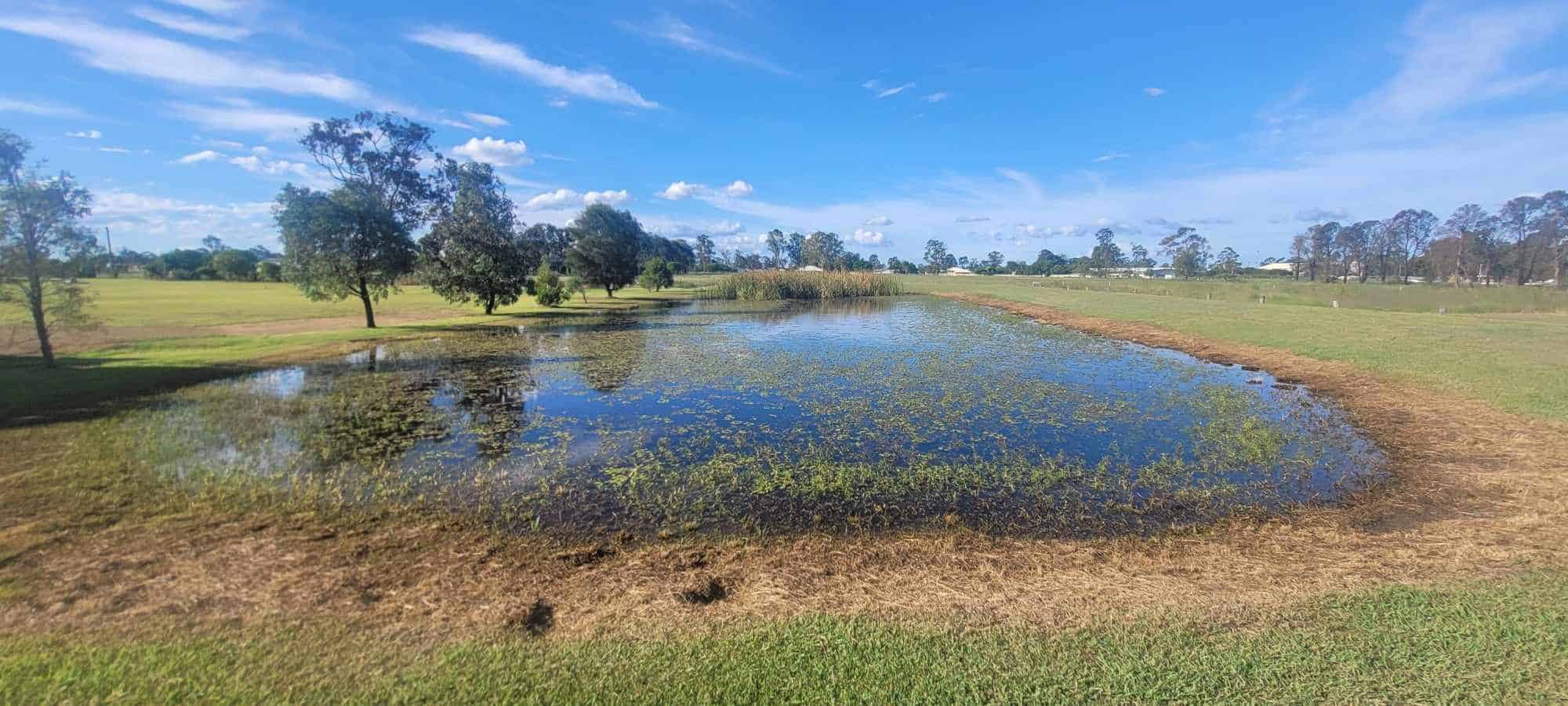
Not All Bacteria Is Bad
What are beneficial bacteria?
Aerobic Bacteria found in aquatic environments that break down organic waste (fish excrements, decaying plant matter and other organic substances). This organic waste is converted into ammonia, that ammonia is then converted into nitrite and other bacteria break down the nitrite into nitrate. Ammonia can be harmful to fish and other aquatic life therefore the presence of beneficial bacteria is important to an aquatic system.
Why are beneficial bacteria good for your water body?
Beneficial Bacteria are the decomposers of the food chain. They break down waste and decaying matter and turn them into nutrients that then become available for other organisms to use. They also play an important role in ecosystem health and stability, controlling the amount of nutrients readily available to plants and other aquatic life and even control algal growth. They are advantageous because they accelerate the decomposition process and remove excess nutrients from the aquatic system.
Why use beneficial bacteria in your fishpond?
Fish excrete waste that can become toxic if left to accumulate. This waste as well as decaying matter produces ammonia, which is highly toxic to fish and can result in damage to fins, inflammation in gills, swelling in the eyes, a loss of appetite, lethargy, fish kills and even algae blooms. Even in small amounts, ammonia can be critically unsafe for fish, but beneficial bacteria break down that ammonia into nitrites. These nitrites are then broken down into nitrates, which can then be recycled in the ecosystem or removed entirely.
When should I use beneficial bacteria?
Beneficial bacteria are perfect for a new fishpond or a pond that is suffering from algae both as a treatment or a preventative.
Initially, a large dose is added to get the bacterial population established, and then maintenance doses are applied to ensure that the bacterial population continue to thrive.
As the bacteria population grows, they tie up phosphorus and nitrogen in their cells so that it is no longer available to problem algae like filamentous algae and cyanobacteria (blue green algae).
A well-established system will already have its own colony of beneficial bacteria but factors such as run-off and storm events can impact these colonies. That is why beneficial bacteria has been made available to support your pond with Waterbac.




